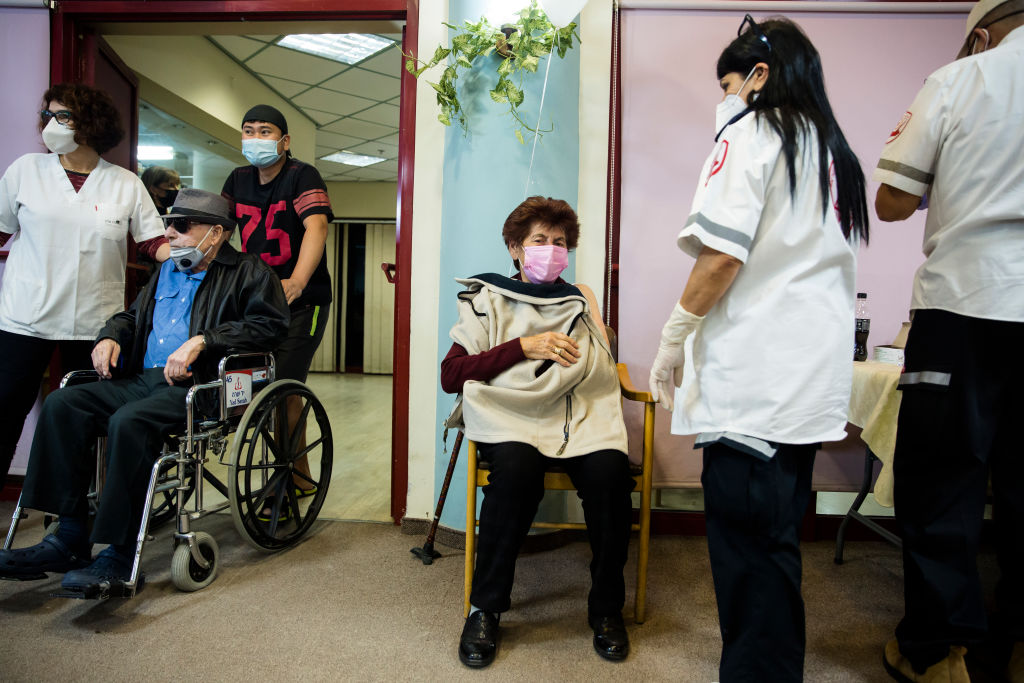Eli Lilly antibody drug 'significantly' reduces risk of COVID-19 in nursing homes, study shows


A free daily email with the biggest news stories of the day – and the best features from TheWeek.com
You are now subscribed
Your newsletter sign-up was successful
Eli Lilly's antibody drug bamlanivimab was found to "significantly" reduce the risk of contracting symptomatic COVID-19 in nursing homes, the company has announced.
Eli Lilly said Thursday a phase 3 trial showed that nursing home residents who preventively received bamlanivimab rather than a placebo had an up to 80 percent lower risk of contracting symptomatic COVID-19. Additionally, the company said bamlanivimab reduced the risk by 57 percent for both residents and staff, The Wall Street Journal reports.
"We are exceptionally pleased with these positive results, which showed bamlanivimab was able to help prevent COVID-19, substantially reducing symptomatic disease among nursing home residents, some of the most vulnerable members of our society," Eli Lilly chief scientific officer Daniel Skovronsky said.
The Week
Escape your echo chamber. Get the facts behind the news, plus analysis from multiple perspectives.

Sign up for The Week's Free Newsletters
From our morning news briefing to a weekly Good News Newsletter, get the best of The Week delivered directly to your inbox.
From our morning news briefing to a weekly Good News Newsletter, get the best of The Week delivered directly to your inbox.
Skovronsky further explained in an interview with the Journal that the company's antibody treatment is "not an alternative for a vaccine," but "for people who haven't been vaccinated, and there's an outbreak in their facility — this could be a last resort." In Eli Lilly's announcement, Skovronsky said that after the Food and Drug Administration previously provided an emergency use authorization for bamlanivimab, the company hopes to work "with regulators to explore expanding the emergency use authorization to prevent the spread of COVID-19 in these facilities."
A free daily email with the biggest news stories of the day – and the best features from TheWeek.com
Brendan worked as a culture writer at The Week from 2018 to 2023, covering the entertainment industry, including film reviews, television recaps, awards season, the box office, major movie franchises and Hollywood gossip. He has written about film and television for outlets including Bloody Disgusting, Showbiz Cheat Sheet, Heavy and The Celebrity Cafe.
